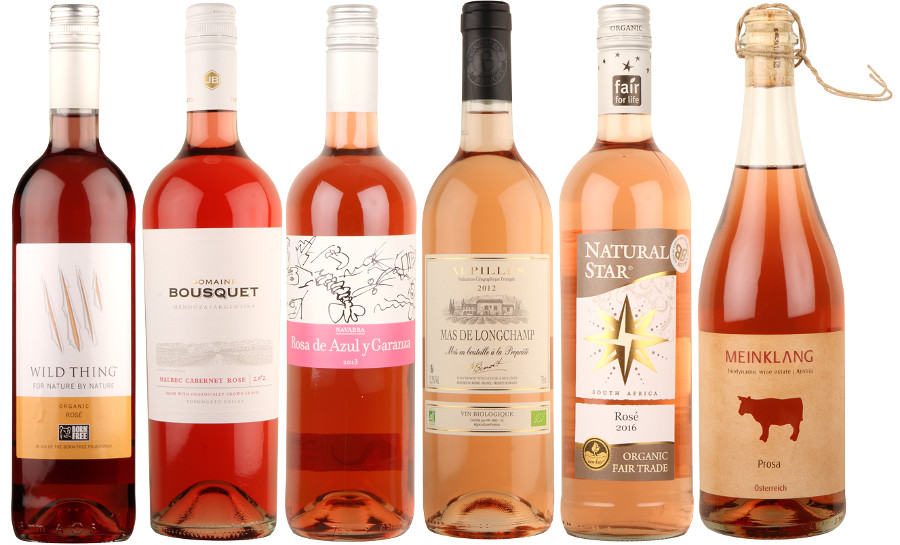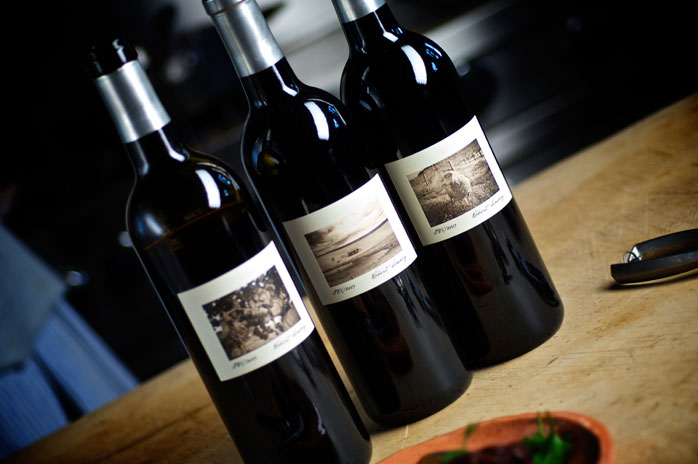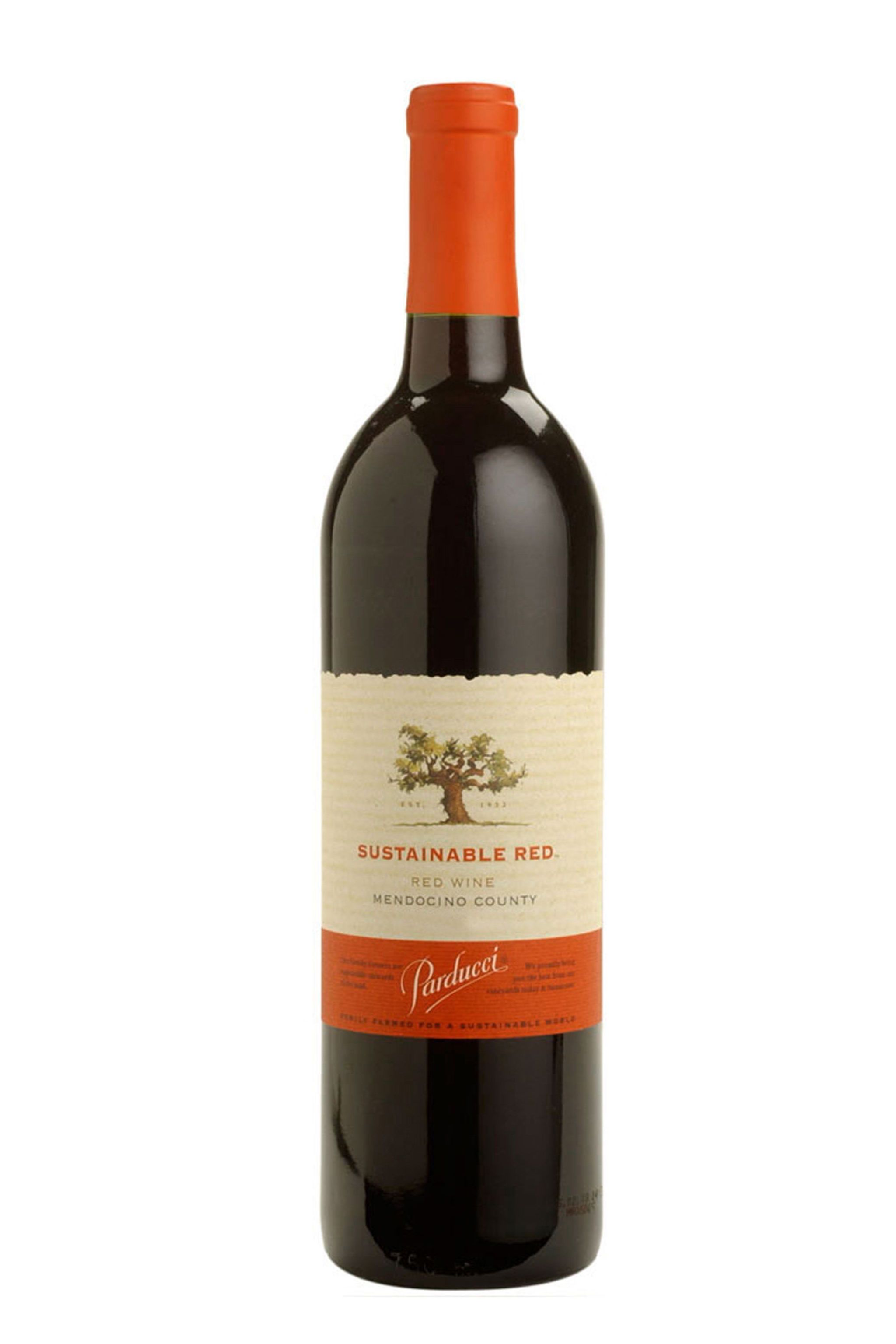

In World of Wine, sommelier André Mack points to a helpful indication of whether a wine is biodynamic: the Demeter logo on the bottle. You won’t necessarily taste a difference in a biodynamic wine versus a non-biodynamic one, but you’ll know that a lot of care went into its creation.

If they follow these requirements, natural and organic wines can also be biodynamic. On the flip side, the question of whether natural or organic wines can be biodynamic entirely depends on the practices that the winemaker employs, like the calendar and compostings. Because most biodynamic farmers also employ organic practices like avoiding pesticides, and depend on compost rather than chemical fertilizer, many biodynamic wines are also organic in practice.īut not all biodynamic wines are organic, and not all can be considered natural, as they can contain up to 100 mg/L of added sulfites. One of particular interest is filling cow horns with compost, burying them in the vineyard, and digging them up later. The official definition of biodynamic farming, according to the Biodynamic Association, is “a spiritual-ethical-ecological approach to agriculture, food production, and nutrition.” To Steiner, the method was a way to create a sustainable winemaking system, one that sees the vineyard as its own organism.īiodynamic farming also instructs followers to use certain fertilization practices. The practices behind biodynamic winemaking started in the 1920s with Austrian philosopher Rudolf Steiner, who believed in a method of farming based around a specific astronomic calendar. Unlike with organic wines, classifying a wine as biodynamic is not a distinction that changes across continents. Under the “made with organic grapes” label, the USDA allows 100 mg/L of added sulfites. So even an E.U.-certified organic wine might only be considered “made with organic grapes” over in the States, in part because of the allowing of added sulfites. While these wines can state they are made with organic grapes, they still can’t use the USDA organic certification. What about a wine that is made with “made with organic grapes”? This means that additional ingredients used in the process, like yeast, need not be organic (even though the wine still can’t be produced with the use of pesticides or synthetic fertilizers). USDA-certified organic wines, on the other hand, must skip added sulfites. E.U.-certified organic wines can contain up to 100 mg/L total sulfites for red wines and up to 150 mg/L total sulfites for whites and rosé. In Europe, the most notable difference is the amount of added sulfites permitted in the final product. In the U.S., to acquire the USDA organic seal, wineries must grow grapes without synthetic fertilizers, forgo added sulfites, and ensure all ingredients going into the wines, including yeast, are certified organic. Similarly, in other wine-growing regions, whether Argentina or New Zealand, wines can obtain organic certification from local certifying bodies.

have different requirements for organic certification. Wine shoppers need to be informed to ask the right questions when seeking a bottle.Īccording to the USDA, produce can be considered organic if it’s certified to have grown on soil that had no prohibited substances applied for three years prior to harvest. This confusion arises in part because “natural” is not a legally defined category, and as the category grows, so does greenwashing. For instance, while all natural wines are organic (since growing organic grapes is a prerequisite for making natural wines), not all organic wines are natural (organic wine cellar regulations sometimes permit the use of additives and fining agents that aren’t typically used in natural winemaking). These terms-natural, organic, biodynamic, and vegan-describe overlapping but not interchangeable qualities of wine. What is natural, or “natty,” wine? Is that the same as organic or biodynamic wine? And why are some wines not considered vegan if the main ingredients are grapes and yeast? If you’re feeling confused, you’re not alone. As the world of wine trends toward an eco-minded consciousness, consumers are tasked with navigating a whole new vocabulary and a whole lot of questions.


 0 kommentar(er)
0 kommentar(er)
